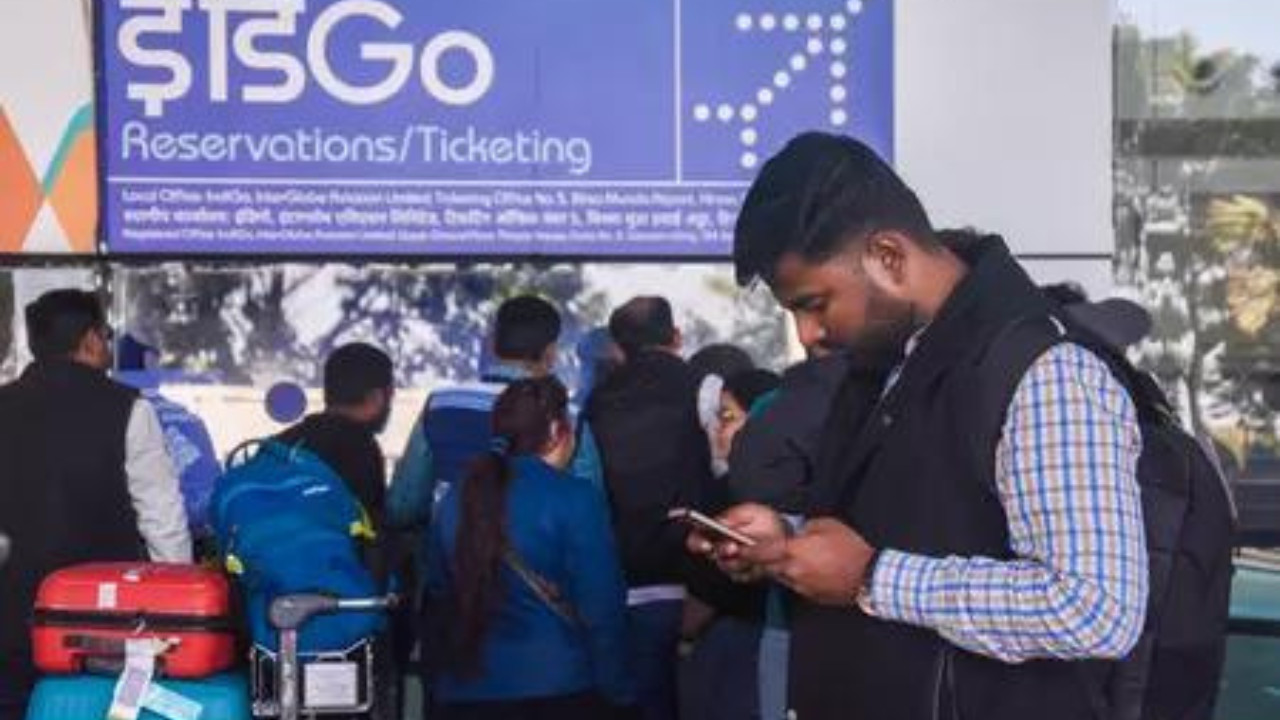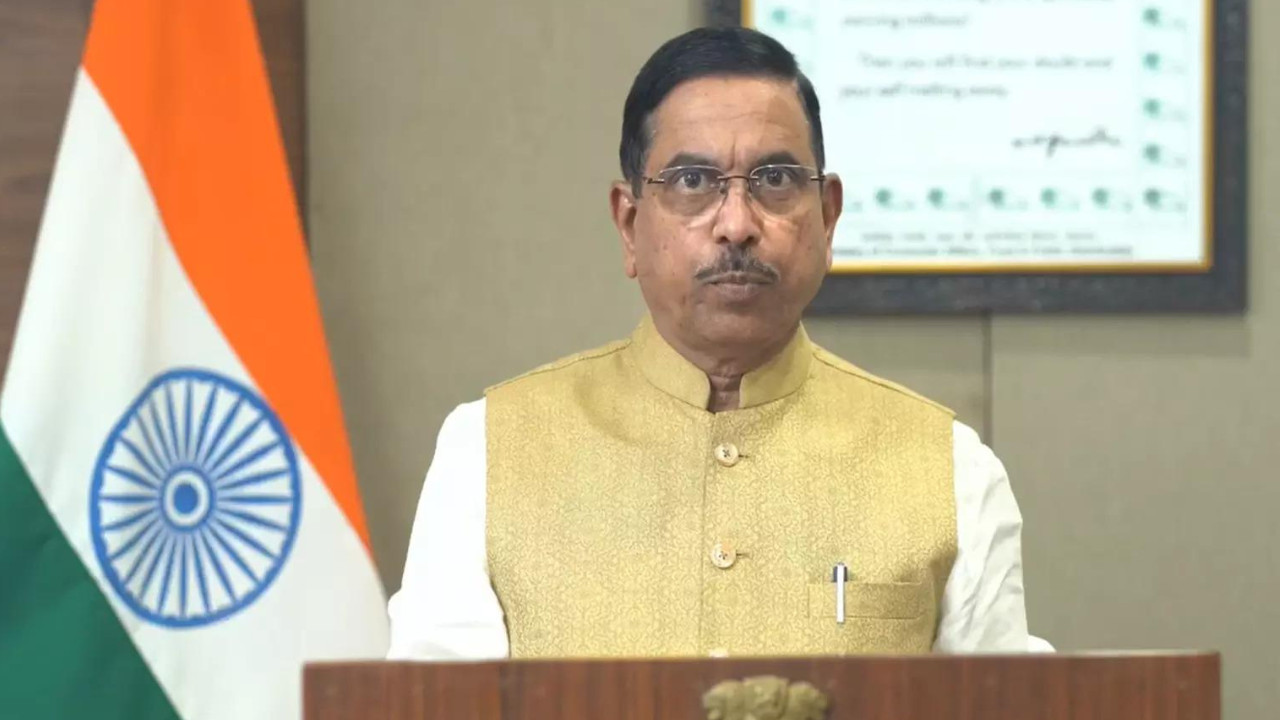Finance Minister Nirmala Sitharaman lauded the CBIC for its swift response to social media allegations of GST registration delays and corruption. A Twitter user shared claims of a 20-day wait, prompting CBIC to clarify that the application was under Delhi State GST jurisdiction and awaiting taxpayer clarification on a rent agreement detail. Sitharaman emphasized transparency and integrity in taxpayer service.
GST Registration Woes? Let’s Cut Through the Red Tape Chatter
Okay, let’s talk about something that makes most entrepreneurs, especially those just starting, break out in a cold sweat: GST registration. It’s that hurdle you have to jump to play fair in the Indian economy, and honestly, the whispers of corruption and delays swirling around online have been enough to give anyone pause.
Recently, those whispers reached a crescendo, prompting Finance Minister Nirmala Sitharaman herself to step in and address the growing concerns. Think of it like this: the government is hearing the grumbles in the marketplace and trying to figure out if the noise is just background chatter or a symptom of a deeper problem.
So, what exactly are people complaining about? Well, the crux of the issue seems to be allegations circulating on social media about corruption within the GST registration process and the agonizingly long time it takes to actually get registered. Imagine the frustration! You’re eager to launch your business, ready to contribute to the economy, but stuck in bureaucratic limbo. It’s enough to make you question everything.
These anxieties aren’t unfounded. We all know how easily administrative processes can become bogged down, especially in a country as vast and complex as India. The online space can amplify these anxieties, sometimes fueled by genuine experiences and, let’s be honest, sometimes by misinformation.
Now, Sitharaman’s response wasn’t just a dismissal of these claims. Instead, she launched a full-blown investigation, a sort of fact-finding mission to determine the truth behind the online narratives. Think of it as a proactive approach to customer service on a national scale. She demanded real data, specific instances, and tangible evidence to support these allegations. That’s a responsible move, because without concrete examples, it’s difficult to pinpoint the source of the problem and implement effective solutions.
The Finance Minister didn’t just stop at demanding data. She also highlighted the efforts the government has already made to streamline the GST registration process. These include measures like Aadhaar authentication and simplified online forms, all designed to make the process faster and more transparent. And it’s true, the government has been pushing for digitization in various sectors, aiming to reduce human interaction and, hopefully, curtail opportunities for corruption.
But here’s the thing: good intentions don’t always translate into perfect execution. Perhaps the initial implementation of these digital initiatives wasn’t as smooth as hoped. Maybe there are still loopholes that allow for irregularities. Or perhaps the increased vigilance in processing applications is actually slowing things down, as officials err on the side of extreme caution.
Sitharaman’s approach seems to acknowledge that the existing system, while aiming for efficiency and transparency, still might have pain points. She’s essentially saying, “Show us where it’s broken, and we’ll try to fix it.” That’s a message that should resonate with entrepreneurs struggling with the GST registration process.
So, what can you, as an aspiring business owner, take away from all this? First, don’t let the online negativity paralyze you. While it’s important to be aware of potential challenges, don’t assume that every experience will be a nightmare.
Second, document everything. If you encounter delays, request explanations, and keep records of all communication. This not only protects you but also provides valuable data if you decide to escalate the issue.
Third, be proactive in your research. Familiarize yourself with the GST registration process, understand the required documentation, and utilize the official government resources. Knowledge is power, and the better prepared you are, the smoother your journey will be.
Fourth, and this is perhaps the most crucial point: don’t hesitate to report instances of corruption or undue delays. The government can only address these problems if they are made aware of them. But do so with evidence. A well-documented complaint has far more weight than an anonymous rant on social media.
Ultimately, the government’s response to these concerns sends a clear message: they are listening. Whether the GST registration process is genuinely riddled with corruption or simply suffers from inefficiencies remains to be seen. But the fact that the Finance Minister is actively seeking feedback and taking action is a positive sign. It suggests a willingness to address the challenges and ensure that the GST system, a critical component of India’s economic framework, functions fairly and efficiently for everyone. And that, frankly, is something we all need to get behind.
📬 Stay informed — follow us for more insightful updates!







